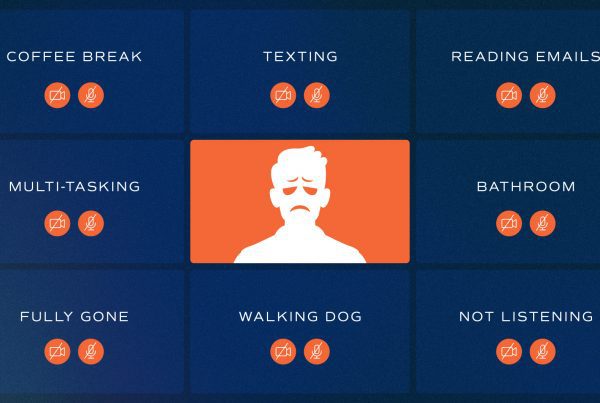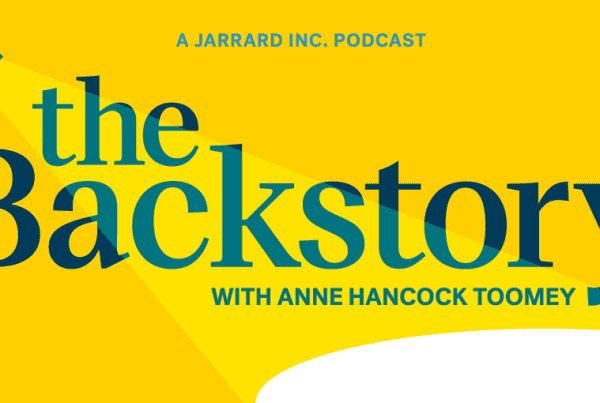The Big Story: Providers gird for worst, hope to blunt tax law Medicaid cuts
“Cuts to federal healthcare spending of this magnitude are likely to have consequences for hospitals, and could lead some to lay off staff, offer fewer services, or close altogether,” said Zachary Levinson, project director of the Project on Hospital Costs at KFF, a health policy research institution.
Short- and long-term thinking: together
By Milli Vincent and Isaac Squyres
3-minute read
Once again, healthcare leaders are confronting hard choices and tough action.
As we enter the second week since passage of legislation cutting $1 trillion from healthcare – directly affecting some 16 million lives and untold more in the aftershocks – there is new urgency to the two fundamental questions facing every provider.
- What must be done today?
- Who must we become tomorrow?
These classic leadership questions are in dynamic conversation – the answers to one shape the other. Ideally, today’s tough decisions will serve a vision of a future organization that continues to vibrantly fulfill your mission, though maybe in ways unanticipated until last week.
What must be done today?
Today’s mission: Live to fight another day.
The pencils are sharp as you consider a long (and growing) list of hard choices to ensure your organization’s near-term viability, as the cuts begin to cascade into your day-to-day operations.
You, like leaders across healthcare, are looking at the budget bill and asking tough questions such as:
- What changes do we need to make that will allow us to survive and thrive?
- Are there programs that should be paused, eliminated or transformed to fortify our immediate position?
- How do we protect market share?
- Do we need to reduce or reorganize staff?
- Should we explore a merger? Or maybe a partnership? Even a JV?
- How can we prepare and support our teams in navigating critical change?
- How do we protect our reputation, culture and team morale as we make necessary choices?
As you work through these questions for today, though, don’t fall into the trap of only asking questions for today.
Who must we become tomorrow?
You know the business cliche: What got you here won’t get you there.
As one of your physicians might bluntly (but kindly) advise a patient sitting on her exam table: A healthy future will require real change today.
The recent legislation is the latest in a thousand recent signals for healthcare leaders that avoiding transformation and relying on business-as-usual tactics and planning will merely ensure a steadily diminishing organization.
But transform into…what? What must you become?
Successful leaders will be asking questions that take their organizations beyond the visible horizon, including:
- How must we evolve to continue to serve our patients and our mission?
- What hard choices and new pursuits does this future require of us?
- Can we do this alone, or are new partnerships and strange bedfellows required to build the tomorrow we need?
While we’re talking about hard choices, though, it’s vital to remember that evolution is built on what’s already there and working. Organizations can’t cut their way to success. So, we’ll add one more question for the list: What are non-negotiables that we are committed to keeping, expanding, investing in?
“Overall, this moment requires looking both directly at and beyond the immediate financial implications – looking to the seaworthiness of the boat you have today and to the different boat you’re going to need,” wrote colleagues Ken Graboys (Chartis CEO) and David Jarrard (Chairman of the Jarrard Inc. Executive Committee) in response to the bill’s passage last week.
“It requires forming an incisive perspective of how healthcare is evolving and what alchemy of immediate action and volitional transformation will be required to sustain your mission, your organization, and your vision for the future.”
The safety of smaller questions
Of course, you don’t have to ask the big questions today – what must we do now and who must we become tomorrow? You could choose not to. Healthcare is a big, resilient business and can absorb many blows. Maybe this is you.
The candid answers may create challenges that are too great and require crossing bridges that are too far.
Politics, after all, is the art of the possible.
But, for many, this moment will be the moment for seeding transformational change. A crisis not to waste, if and when you have cultural and organizational permission to make the hard choices in service to a viable – and hopefully vibrant – future.
However you approach today’s questions, the work of today and your goals for tomorrow should complement each other. Whether it’s a partnership, a new technology or staffing models, these immediate changes must be viewed through a lens of mission and purpose – “this is how we get through the Now AND innovate for the Later.”
Managing the moment
A last thought.
Throughout it all, easy choices and hard, today’s needs and tomorrow’s goals, don’t forget to communicate. Your team is deeply affected by every decision made. They understand the moment and, according to our research, many trust you to guide the organization through it. But that good news must be tempered. For hospitals, fewer healthcare workers trust their leaders to make positive decisions on the big issues when compared to those in primary care and health services. Additionally, well under half say their leaders are honest and transparent.
Your people can help you work through the hard decisions. At a minimum, they can understand them – even if they don’t like them. But only if you give them the information they need to be involved and to understand.
Contributors: David Jarrard, David Shifrin, Tim Stewart, Emme Nelson Baxter
Image credit: Shannon Threadgill




